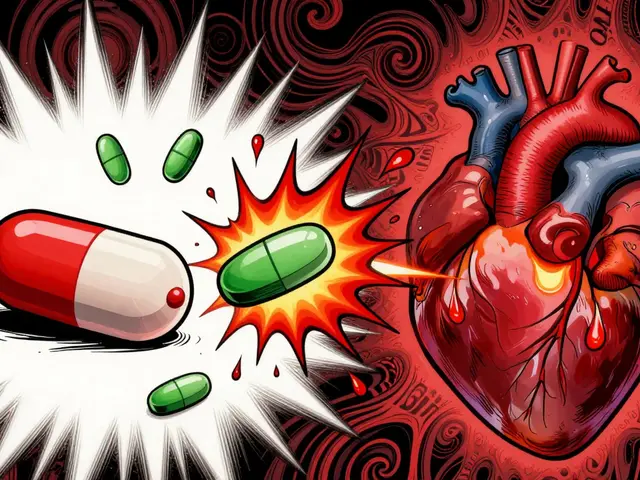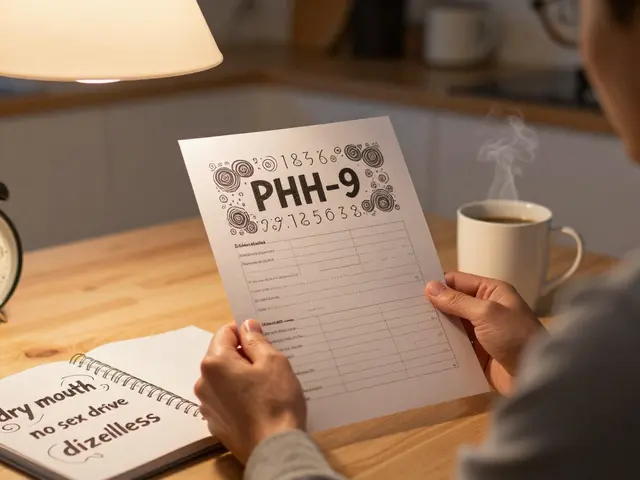
Cognitive Health: Simple Ways to Keep Your Brain Sharp
If you ever miss a word or forget where you left your keys, you’re not alone. Our brains age just like the rest of our bodies, but the good news is you can slow down the decline with everyday choices. Below are straight‑forward habits and evidence‑backed supplements that can help you think clearer, remember more, and stay focused.
Everyday habits that protect your brain
First off, move your body. Even a 20‑minute walk three times a week gets blood flowing to the brain, delivering oxygen and nutrients that support nerve cells. No fancy equipment needed – just a brisk stroll around the neighbourhood or a quick jog.
Second, sleep matters. Aim for seven to nine hours of quality sleep each night. During deep sleep, the brain clears out waste products that can build up and cause memory problems. If you struggle to fall asleep, try a consistent bedtime routine: dim the lights, avoid screens an hour before bed, and keep the room cool.
Third, challenge your mind. Puzzles, reading, learning a new skill, or even switching your dominant hand for simple tasks can create new neural pathways. The brain loves variety, so make sure you’re mixing up mental activities throughout the week.
Lastly, manage stress. Chronic stress releases cortisol, a hormone that can damage brain cells over time. Simple relaxation techniques—deep breathing, short meditation sessions, or a hobby you enjoy—can keep cortisol levels in check.
Supplements and nutrients that help memory
While food should be your main source of nutrients, certain supplements have solid research behind them for brain health. Omega‑3 fatty acids, especially EPA and DHA found in fish oil, support the structure of brain cells. If you don’t eat fatty fish regularly, a quality fish‑oil capsule can fill the gap.
Vitamin B12 is another player. Low B12 can cause confusion and memory lapses, especially in older adults. A daily B‑complex supplement that includes B12, B6, and folic acid can keep levels adequate.
Many people ask about herbal options. Ginkgo biloba, when taken at a standard dose of 120 mg daily, has shown modest benefits for short‑term memory in some studies. However, it can interact with blood‑thinners, so check with a pharmacist before adding it.
Finally, consider vitamin D. Deficiency is common in the UK, and low vitamin D has been linked to poorer cognitive performance. A simple blood test can tell if you need a supplement, and most UK pharmacies stock 1000 IU tablets that are easy to take.
Remember, supplements work best when combined with a healthy lifestyle. They’re not a magic fix, but they can give your brain a little extra support.
Putting it all together, start with one or two changes—like a daily walk and a consistent sleep schedule—then add a targeted supplement if you feel you need it. Your brain will thank you with clearer thinking, better recall, and more energy for the things you love.
-
4 Sep






